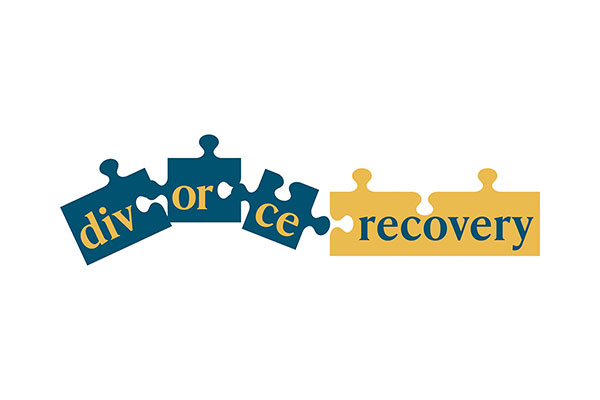A Silent Disconnect: How Smartphones Are Rewiring a Generation
One graph says it all. Since 2008—the year smartphones went mainstream and social media began its meteoric rise—teen mental health has been on a sharp decline. The first generation to go through puberty with smartphones in hand has become more anxious, depressed, self-harming, and, tragically, more suicidal. This generation is now known as Gen Z. In contrast, millennials had mostly finished puberty before this technological shift began in the early 2010s.
But before we point fingers at Gen Z’s “screen addiction,” let’s take a moment to consider the broader context: they are also the first generation raised by parents on phones.
That fact matters—deeply.
Imagine being a child reaching out for eye contact, a laugh, or play, only to see a parent staring blankly into a glowing screen. Children look to their caregivers’ gaze to mirror back their worth, to help them learn who they are, regulate their emotions, and feel seen. In psychological development, the mirror is not just a surface—it is the caregiver’s attuned attention.
The constant lure of emails, social media, and work notifications has pulled many parents away from those natural instincts. And when parents are less emotionally available, children often turn to their peers—and eventually, their devices—for connection, validationValidation in CBT involves recognizing and acknowledging one’s feelings or thoughts without judgme…, and emotion regulationEmotion regulation refers to the ability to manage and respond to emotions in a healthy way. In CBT,….
This loss of connection has mental health consequences. Parent-child attunement in childhood is a cornerstone of adult psychological wellbeing.
The Gender Divide
Interestingly, the rise in mental health struggles hasn’t affected all teens equally. Rates of Major Depressive Disorder have increased much more sharply among teen girls than boys. (A graph would typically be shown here to illustrate the disparity.)
Why? While both genders are vulnerable to the isolating effects of screens, social media—particularly platforms based on appearance, popularity, and social comparison—has hit girls especially hard.
What the Research Shows
Social psychologist and author Jonathan Haidt has spent years compiling data on this topic. In The Anxious Generation, he paints a sobering picture of a grand, uncontrolled experiment: one in which today’s adolescents are the test subjects.
We’re watching this play out in real time, without a blueprint for how to raise mentally healthy children in the digital age. But we do have data, and with it, some clear and necessary guidelines.
In his book, Haidt lays out four science-backed rules every parent should consider to protect their child’s mental health:
-
No smartphones before high school
Delay round-the-clock internet access. Offer only basic phones (with limited functions) before ninth grade. -
No social media before age 16
Allow kids to get through the most vulnerable developmental stages before immersing them in a constant stream of curated comparison and algorithmic influence. -
Phone-free schools
Schools should require all devices—phones, smartwatches, etc.—to be stored in lockers or locked pouches during the day to protect attention, learning, and social interaction. -
More unsupervised play and independence
Let kids explore, play, and problem-solve on their own. These experiences help build resilienceResilience is the ability to adapt and recover from adversity and trauma. Building resilience is ess…, confidence, and emotional regulationEmotional regulation refers to the ability to manage and respond to emotional experiences in a healt….
A Message to Parents
Put your phone down.
There may come a day when your kids are grown and you look back with regret—remembering a childhood filled with distracted dinners and missed opportunities for connection. You won’t regret setting it aside. If going cold turkey isn’t realistic, aim for phone-free windows—after work, during dinner, or between dinner and bedtime. Even small changes matter.
Place your phone in another room. Plug it in and walk away. Create sacred space for connection.
How We Help at Keil Psych Group
At Keil Psych Group, we support families through this complicated terrain. We understand that teens rely on their devices to stay socially connected—and that removing them completely can lead to real isolation. But we also know parents want to raise emotionally strong, capable, and grounded young adults.
We help families find the middle way—where structure doesn’t mean control, and connection doesn’t mean chaos.
Our work focuses on:
-
Rebuilding parent-child relationships
-
Fostering healthy communication between siblings
-
Supporting both teens and parents in setting boundariesBoundaries in group therapy are the limits established to maintain a safe and respectful environment… around technology
-
Creating family cultures of love, mutual respect, and emotional safety
We help families hear the concerns, not just the rules. We guide teens to care for their own wellbeing, not just push back against authority. We support parents in restoring trust, connection, and influence. At the heart of mental health is a strong family system—and we’re here to help build that.
If you have questions, concerns, or simply want to explore this further, we’d love to hear from you.
Contact Keil Psych Group
📞 714-334-5497
📧 [email protected]





